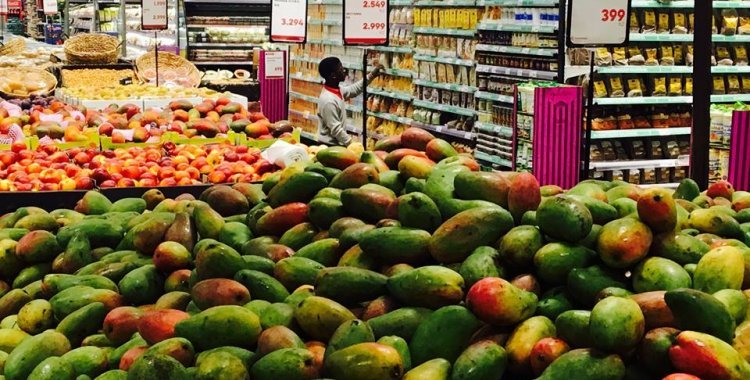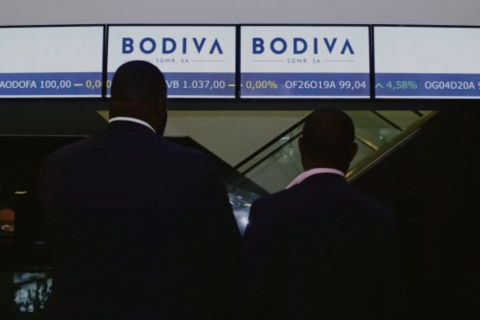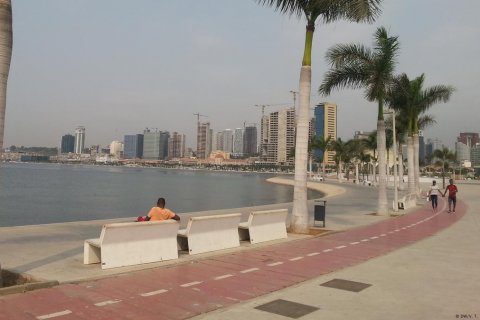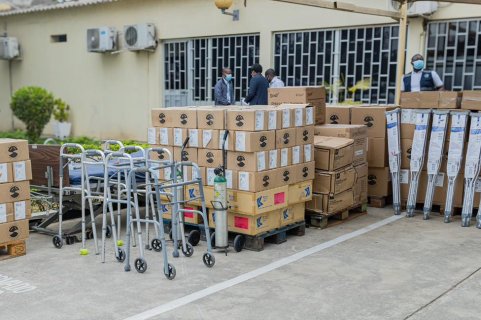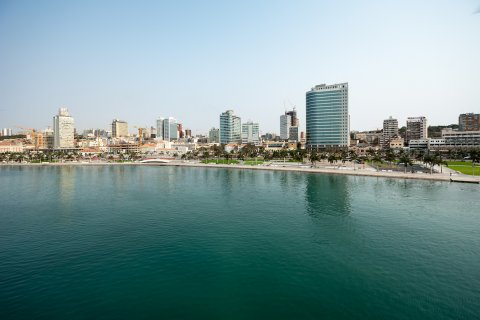This is one of the measures approved Wednesday by the Council of Ministers, through which the government aims to stimulate the supply of essential goods by increasing domestic production; reduce the cost of imported products in cases where there is still heavy dependence on imports; and increase the speed of flow of essential goods through Angola.
According to a statement to which Lusa had access, rice, pork, beef jerky, chicken thigh, corn grain, cooking oil and powdered milk are covered by this temporary suspension of taxes.
The package of measures also foresees the conclusion, within 90 days, of the process of ceding the exploration of stores and distribution logistic centers owned by the State and accelerate, until November 2021, the implementation of the distribution plan of vans to reinforce the rural commerce activity.
Making the commercial licensing procedure more flexible and agile in the Integrated Foreign Trade Platform and reducing to 48 hours the licensing deadlines for sanitary and phytosanitary purposes are other initiatives.
The purchasing power of the population has declined dramatically due to inflation that stood at 25.72 percent in July, a maximum since October 2017.
In early August, economic operators met at the National Bank of Angola to analyze measures aimed at price stability in the economy.
The "Food and Non-Alcoholic Beverages" class has been the largest contributor to the increase in the overall price level, with an average contribution of 71 percent over the first six months of this year.
Most of the products in the basket registered a change of more than 30.0 percent (year-on-year) and more than 2.0 percent (monthly).
The Council of Ministers on Wednesday also analyzed the causes of the increase in prices of essential goods, identifying factors associated with the effects of covid-19, with an increase in the cost of commodities on the international market and the cost of sea freight; a sharp drop in imports not offset by domestic supply; restriction of food production and distribution due to the sanitary fence that was in force in Luanda until this Wednesday and for more than a year; exchange rate adjustment and the application of customs duties and other charges.

